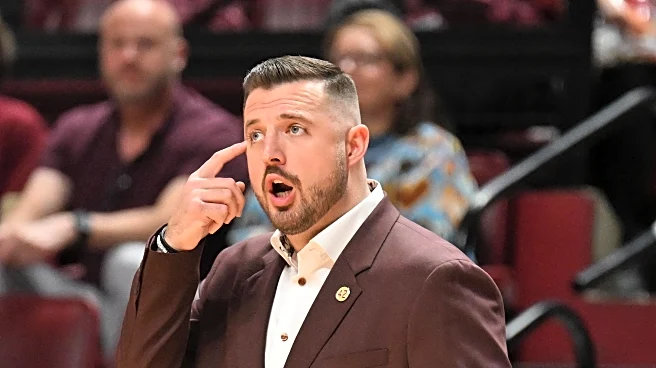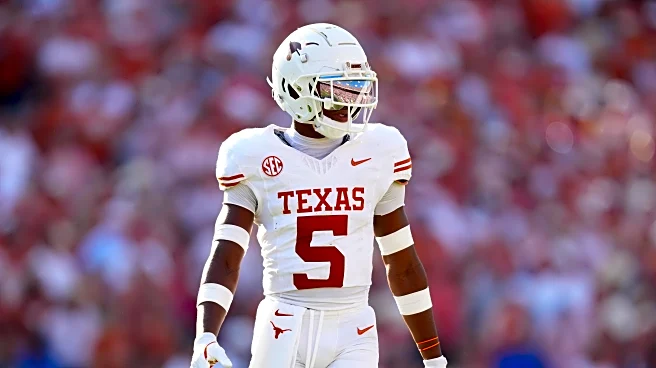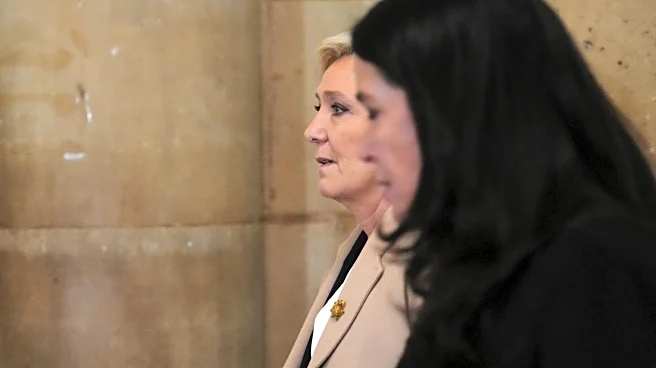What's Happening?
Pope Leo XIV has initiated changes to some of the financial reforms implemented by his predecessor, Pope Francis. On Monday, he annulled a 2022 law that centralized financial management within the Vatican bank, known as the Institute of Religious Works (IOR). The new decree allows the Holy See to utilize non-Vatican banks if deemed more efficient by the Vatican's investment committee. This move marks a significant shift in the Vatican's financial governance, as the previous law had surprised many by contradicting the Holy See's founding constitution, which assigns asset management to the patrimony office, APSA. Pope Francis had intended to address this issue but passed away before doing so. This is the second major reform by Pope Leo XIV, following the reassignment of a top administrator close to Francis.
Why It's Important?
The reversal of Pope Francis' financial reforms by Pope Leo XIV could have significant implications for the Vatican's financial transparency and governance. By decentralizing financial control, the Vatican may seek more efficient financial management, potentially improving its financial stability. However, this move could also lead to increased scrutiny and debate over the Vatican's financial practices, especially given past controversies. The changes may affect the Vatican's relationships with major donors, particularly from the U.S., who demand transparency and accountability. The ongoing financial trial involving a cardinal further complicates the Vatican's financial landscape, highlighting the challenges of maintaining financial integrity within the institution.
What's Next?
The Vatican's financial trial, which has seen procedural errors, is set to continue with an appeals court adjournment until February 3. This period will allow the Vatican's high court to consider the prosecutors' motions. The outcome of this trial could influence future financial reforms and the Vatican's approach to financial governance. Additionally, Pope Leo XIV's recent meeting with the Knights of Columbus, a major U.S. donor, suggests potential shifts in donor relations and fundraising strategies. The Vatican may need to navigate these changes carefully to maintain donor confidence and financial stability.











